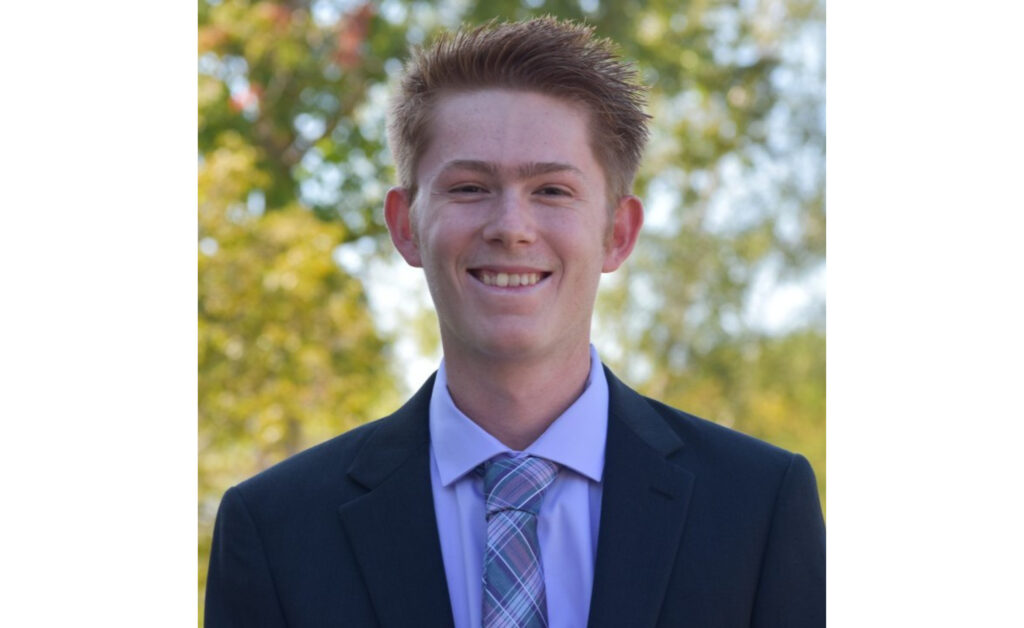by Chris Genovali –
Cougars, wolves and other large carnivores are imposing predators that strike fear into other animals. A new study by Raincoast Conservation Foundation scientists and collaborators demonstrates that the fear these top predators inspire can have cascading effects down the food chain critical to maintaining healthy ecosystems. This makes large carnivore conservation all the more valuable given the significant “ecosystem service” the fear of them provides.
These findings, from a team led by Raincoast ecologist and University of Victoria PhD student Justin Suraci and Western University’s Professor Liana Zanette, working with Simon Fraser University’s Professor Larry Dill, were recently published in the scientific journal Nature Communications.
Suraci, Zanette and their colleagues experimentally demonstrated for the first time that the fear of large carnivores is itself powerful enough to have effects all down the food chain and that restoring this fear can reverse the adverse impacts resulting from the ever-increasing global loss of large carnivores.
“These results have critically important implications for conservation, wildlife management and public policy,” explains Suraci. “We have now experimentally verified that, by instilling fear, the very existence of large carnivores on the landscape – in and of itself – provides an essential ecosystem service, and failing to consider fear risks dramatically underestimating the role large carnivores play in structuring ecosystems.”
Raccoons on British Columbia’s Southern Gulf Islands are devastating songbirds on land and intertidal crabs and fish in the ocean. The researchers suspected this is largely due to the raccoons having little to fear, since the large carnivores that primarily prey on raccoons (i.e. cougars and wolves) have mostly been eliminated from the Southern Gulf Islands.
To experimentally manipulate fear, the team played the threatening sounds of large carnivores (or non-threatening sounds) from speakers along extensive lengths of shoreline for months at a time. The fear inspired by simply hearing the sounds of large carnivores so dramatically reduced the time raccoons spent feeding that it reversed their impacts on their prey, and had cascading effects all through the ecosystem.
Large carnivore expert Dr. Chris Darimont, Raincoast Conservation Foundation science director and Hakai-Raincoast professor of geography at UVic, sums up the research: “This was a brilliantly designed project that was executed fastidiously. Several important implications emerged. Most broadly, we are reminded of all the links in the web of life, and how disturbing an important link can reverberate across a web. The work also compels us to maintain carnivores – important links in every web – wherever they still exist, as well as take extra care in fragile island systems. Most intriguingly, this Raincoast research lays a foundation for the possibility of using fear as a restoration tool in areas where restoring the carnivores themselves is no longer an option, if only during particularly important times (like when endangered birds might be nesting and vulnerable to meso-carnivores such as raccoons).”
Chris Genovali is Executive Director of Raincoast Conservation Foundation. For more information visit www.raincoast.org. Photo by Klaus Pommerenke.




